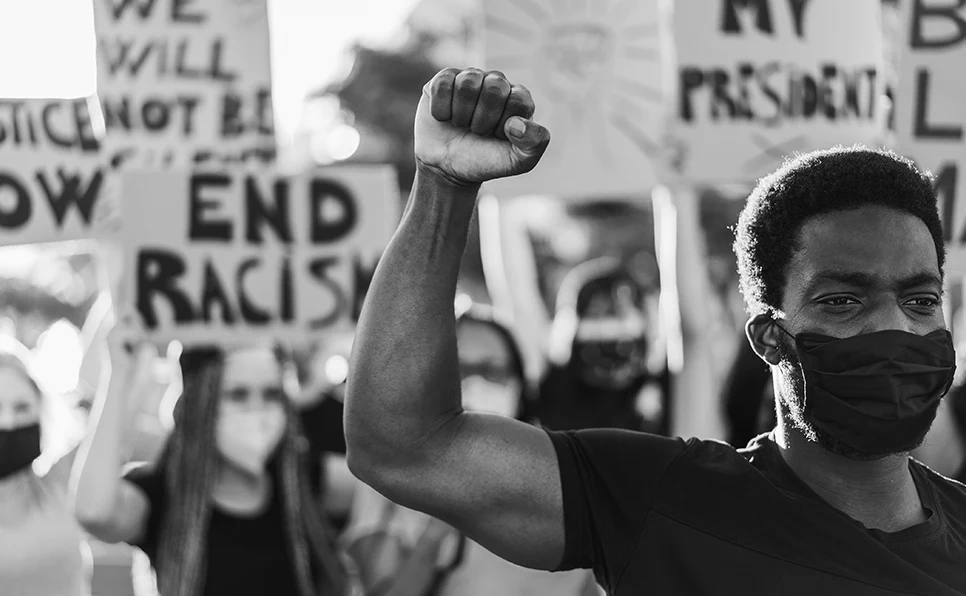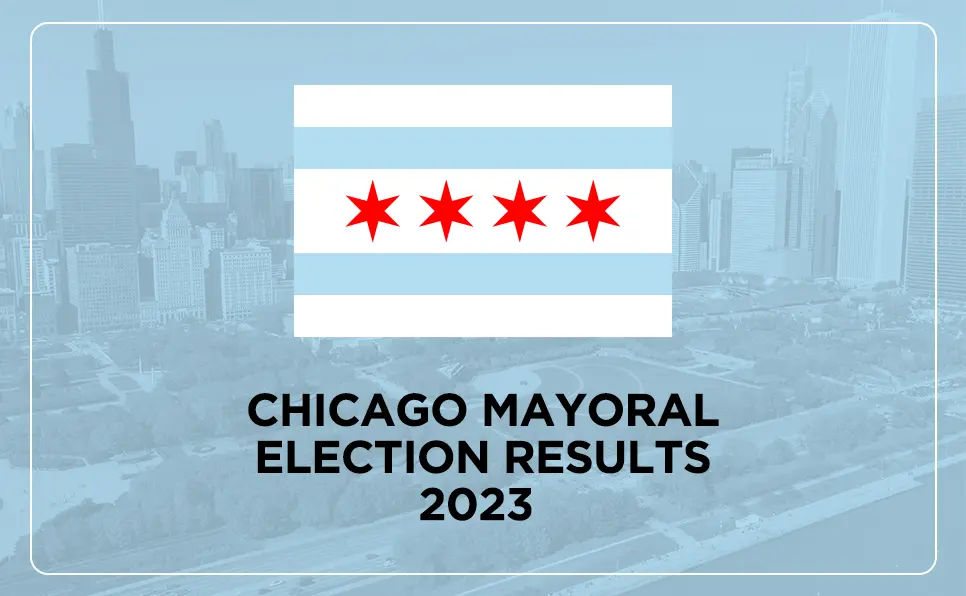Negro History Week, which preceded Black History Month, began way back in 1926. The week, which was started by historian and journalist of African descent Carter G. Woodson, honored the accomplishments of Black Americans after they were freed from slavery.
The celebration’s annual theme has been chosen by Woodson’s organization, the Association for the Study of African American Life and History, since 1928. “Black Resistance” has been chosen as the theme for 2023 in order to highlight how Black Americans have fought against racial injustice.
The struggle against racial injustice by Black Americans has a long history in the United States and has taken many different forms, from slave uprisings during the colonial period and the Civil War to protest movements in the 1950s and 1960s and today.
However, Black Americans have also created organizations like churches, colleges and universities, printing presses, and fraternal organizations to support their communities. These organizations and movements have emphasized the significance of liberty, autonomy, and legal equality.
What does the Black resistance stand for?
Black resistance refers to the historical and ongoing struggle of Black people against oppression, discrimination, and systemic racism. This resistance takes many forms, including protests, social movements, and cultural expressions that celebrate and affirm Blackness.
Black resistance has a long and rich history, from the slave revolts of the 18th and 19th centuries to the civil rights movement of the 1950s and 1960s, and the Black Lives Matter movement of today. These struggles have been waged not only against individual acts of oppression but also against the structures of racism and inequality that have been built into the fabric of society.
During this Black History Month, it is important to acknowledge and celebrate the powerful legacy of Black resistance. This includes countless Black leaders, activists, and organizers who have dedicated their lives to fighting for justice and equality.
At the same time, it is important to recognize that the fight against oppression is ongoing. Systemic racism continues to manifest itself in various forms, from police brutality and mass incarceration to economic inequality and political disenfranchisement.
To honor the legacy of Black resistance and continue the struggle, people work to dismantle these structures of oppression and build a more just and equitable society. This requires not only individual action but also collective effort and solidarity across racial lines. Listening to and amplifying the voices of Black leaders and communities, supporting Black-owned businesses and institutions, and working to create policies and systems that prioritize racial justice is of the essence.
The black resistance taking Digital turn with ACLU
The American Civil Liberties Union, ACLU of Louisiana, works to recognize and honor the contributions and tenacity of Black Louisianans from every generation who have fought for equality, confronted white supremacy, and demanded justice.
African Americans have toiled to create a more just and equitable America – one that at last fulfils its promise of freedom and justice for all – ever since the first two ships carrying captive Africans arrived in Louisiana in 1719, while also being subjected to enslavement, oppression, and brutality.
They are launching an educational exhibit this month that the ACLU of Louisiana created in collaboration with the Google Institute, the Amistad Research Center at Tulane University, and other institutions. “Justice Can’t Wait: Oppression and Resistance: Slavery to Mass Incarceration in Louisiana” is a digital exhibit that charts the struggle for justice by Black Louisianians from the early 1700s to the present.
The digital exhibition features primary source material, pictures, videos, and audio recordings from significant historical moments and is freely accessible in an interactive format thanks to support from Google.
The exhibit’s visitors can view a representation of the 1874 Battle of Liberty Place, in which white nationalists attempted to overthrow the Republican state government of the Reconstruction Era by attacking the New Orleans Metropolitan Police; hear an interview with civil rights activist Oretha Castle Haley about her involvement in the 1961 Freedom Rides; and watch Bogalusa Deacons leader Robert Hicks recall his work with the Congress of Racial Equality (CORE) during the Reconstruction Era.
They have proudly collaborated with the renowned historians at the Amistad Research Center to transfer this archival material to an open-access digital platform because facing the truth about our past is essential to creating a more just future.
Final words
This year’s Black History Month has the theme “Black Resistance,” which serves as a warning that efforts to minimize Black History will encounter opposition. The best manifestation of this resistance was embodied by Dr. Martin Luther King Jr. Instead of submitting to the ideology of violence and irrational rage, he made the decision to counter hate with love and promote unity. We ought to all emulate him. Dr. King famously said, “Darkness cannot drive out darkness; only light can do that,” in his sermon “Love your Enemies. Only love has the power to overcome hatred. Outshining hate with love is the most effective way to thwart it.
The observance of Black History Month is a celebration of this rich era in American history as well as a respectful acknowledgment of African American history. Despite a lengthy and pervasive history of prejudice and oppression, great people like Dr. King succeeded. Black culture, creativity, innovation, and recorded history make America rich; as such, it should be honored and celebrated. Make this Black History Month and every day that follows a time for accountability, progress, and resistance.



